Civil society organizations (CSOs) play a vital role in promoting and advancing human rights around the world. These non-governmental organizations are independent from the state and have a unique ability to amplify the voices of marginalized communities and advocate for their rights.
One of the key roles of CSOs is to monitor and document human rights abuses. They act as watchdogs, shining a light on violations and holding governments accountable for their actions. Through comprehensive research, data collection, and reporting, CSOs provide invaluable evidence that supports the call for justice and accountability.
In addition to monitoring, CSOs also play an active role in advocating for policy and legal reforms. They work closely with governments, international organizations, and other stakeholders to develop and implement human rights laws and policies. Through their expertise, CSOs provide valuable insights and recommendations that help shape legislation and ensure its adherence to international human rights standards.
Moreover, CSOs are crucial in providing support and services to vulnerable populations. They work directly with individuals and communities affected by human rights abuses, providing legal aid, healthcare, education, and other vital resources. By directly engaging with marginalized communities, CSOs empower individuals to assert their rights and seek justice.
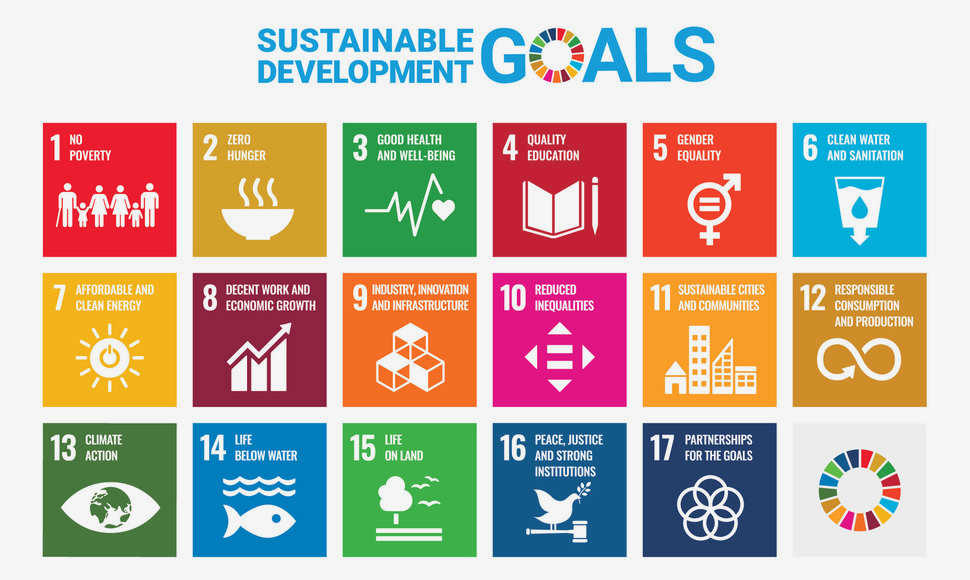
In conclusion, civil society organizations are essential in driving human rights advancement. Through their monitoring and advocacy efforts, they shed light on human rights abuses and hold governments accountable. By working directly with communities, they provide support and services that empower individuals and promote a culture of human rights.
Empowering Marginalized Communities
Empowering marginalized communities is a crucial aspect of human rights advancement, and civil society organizations play a vital role in this process. These organizations strive to amplify the voices of marginalized communities and provide them with the tools and resources necessary to advocate for their rights.
1. Providing education and awareness
One way civil society organizations empower marginalized communities is by providing education and raising awareness about their rights. They conduct workshops, seminars, and awareness campaigns to ensure that these communities have the knowledge and understanding required to assert their rights and challenge discriminatory practices.
2. Advocacy and representation
Civil society organizations also act as advocates and representatives for marginalized communities. They work tirelessly to ensure that the concerns and issues faced by these communities are addressed by relevant authorities and institutions. Through lobbying, public campaigns, and legal actions, these organizations seek to bring about positive change and ensure equal rights for all individuals.
3. Building capacity and fostering leadership
Another way civil society organizations empower marginalized communities is by building their capacity and fostering leadership within these communities. They provide training programs, mentorship opportunities, and networking platforms, empowering individuals to take ownership of their rights and become leaders in advocating for themselves and their communities.
4. Collaborative partnerships
Civil society organizations understand the importance of collaborative partnerships in empowering marginalized communities. They work together with local communities, grassroots organizations, and other stakeholders to create sustainable solutions and drive positive change. These partnerships facilitate the sharing of knowledge, resources, and support, strengthening the collective voice and impact of marginalized communities.
In conclusion, empowering marginalized communities is at the core of civil society organizations’ work in driving human rights advancement. By providing education, advocacy, capacity building, and fostering partnerships, these organizations aim to amplify the voices of marginalized communities, ensure their rights are upheld, and work towards achieving a more inclusive and just society.
Advocacy and Public Awareness
Advocacy is a crucial tool for civil society organizations to drive human rights advancement. Through advocacy, these organizations work towards promoting and protecting human rights at various levels, from local communities to regional and international platforms.
One key aspect of advocacy is creating public awareness. Civil society organizations use various methods to raise awareness about human rights issues and mobilize public support for their causes.
Education and Outreach: Civil society organizations conduct educational campaigns and outreach programs to inform the public about human rights issues. This can involve organizing workshops, seminars, and public forums where experts and activists discuss the importance of human rights, its challenges, and potential solutions.
Media and Communication: Another effective way to create public awareness is through media and communication channels. Civil society organizations utilize traditional media, such as newspapers, radio, and television, as well as new media platforms, such as social media and online blogs, to disseminate information about human rights violations and their advocacy efforts.
Grassroots Mobilization: Civil society organizations also engage in grassroots mobilization to amplify their voices and engage the public in advocating for human rights. This can involve organizing protests, demonstrations, and campaigns at the community level to raise awareness and put pressure on policymakers and authorities to address human rights issues.
Alliances and Partnerships: Collaboration with other organizations and stakeholders is another important strategy for advocacy and public awareness. Civil society organizations form alliances and partnerships with like-minded organizations, government agencies, international institutions, and other actors to amplify their voices and increase their impact.
In Conclusion
Advocacy and public awareness are powerful tools for civil society organizations to advance human rights. Through education, communication, mobilization, and collaboration, these organizations can effectively advocate for human rights, create positive change, and ensure that the voices of marginalized and vulnerable populations are heard and taken into account.
Mobilizing Grassroots Activism
Engaging Local Communities
Grassroots activism is at the heart of driving social change and promoting human rights. Civil society organizations play a crucial role in mobilizing and engaging local communities in these efforts. By organizing community meetings, workshops, and awareness campaigns, these organizations empower individuals to take action and become active participants in advocating for their rights.
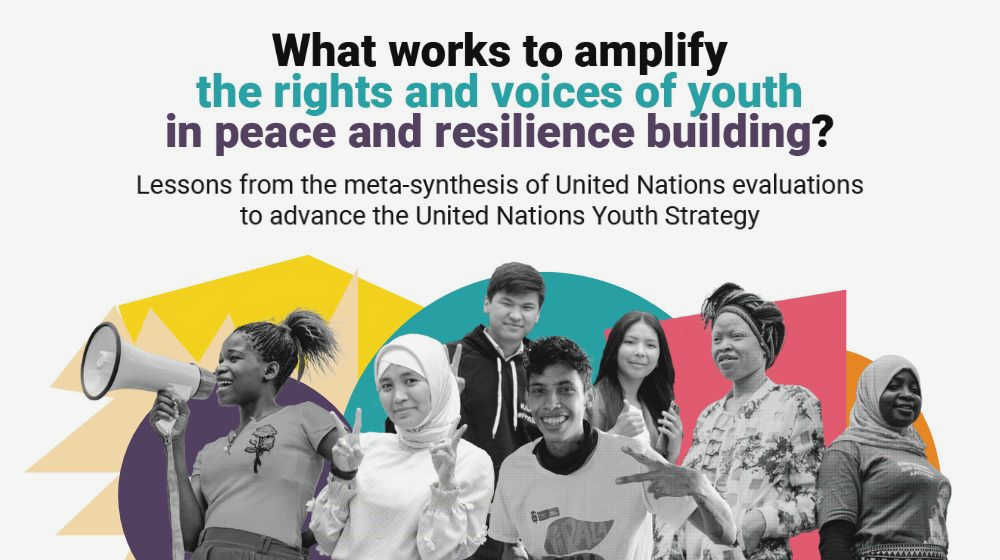
Building Networks and Alliances
One of the key strategies in mobilizing grassroots activism is the establishment of networks and alliances. Civil society organizations work towards creating partnerships with local community groups, non-profit organizations, and other stakeholders who share similar goals. By collaborating and sharing resources, these networks can amplify their impact, leverage their collective voices, and effectively advocate for human rights at local and global levels.
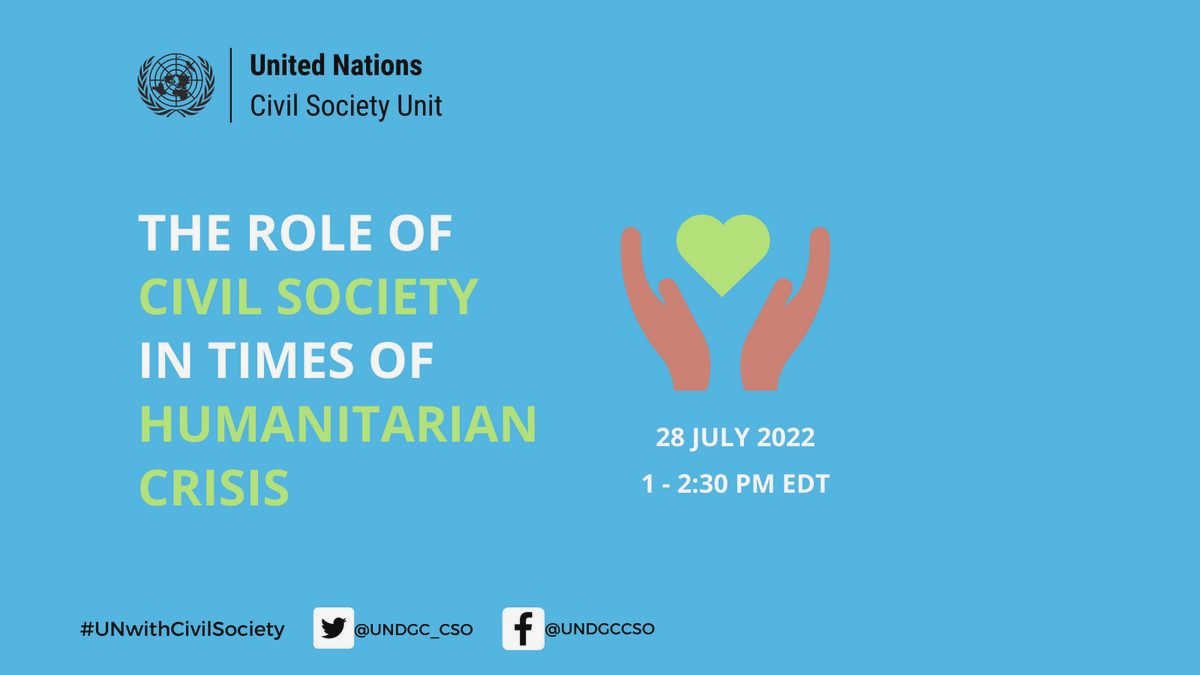
Utilizing Technology
In today’s digital age, technology has become a powerful tool in mobilizing grassroots activism. Civil society organizations are harnessing the potential of social media platforms, online petitions, and crowdfunding campaigns to reach a wider audience and mobilize support for their cause. These technological advancements not only facilitate communication and information sharing, but also enable individuals to actively participate in advocacy campaigns from the comfort of their own homes.
Empowering Marginalized Groups
Grassroots activism is especially important for empowering marginalized groups and ensuring their voices are heard. Civil society organizations focus on providing support, resources, and training to these communities, enabling them to effectively advocate for their rights. Through empowerment, marginalized groups can challenge systemic injustices, advocate for policy changes, and contribute to the overall advancement of human rights.
Sustaining Momentum
Mobilizing grassroots activism is not a one-time effort but an ongoing process. Civil society organizations play a critical role in sustaining momentum and ensuring long-term engagement. By providing continued support, organizing regular events, and fostering a sense of community, these organizations ensure that the voices of grassroots activists are amplified and their efforts lead to lasting change.
Holding Governments Accountable
In the realm of human rights advancement, civil society organizations (CSOs) play a crucial role in holding governments accountable for their actions. Through their advocacy and monitoring efforts, CSOs act as watchdogs, ensuring that governments uphold their obligations and commitments to protect and promote human rights.
CSOs employ a variety of strategies and tools to hold governments accountable. They conduct research and documentation to gather evidence of human rights abuses and violations. This includes collecting testimonies from affected individuals, conducting investigations, and monitoring the implementation of laws and policies.
Advocacy campaigns are a key method used by CSOs to raise awareness and put pressure on governments. Through public protests, lobbying, and media campaigns, CSOs amplify the voices of marginalized communities and advocate for policy changes. They engage with policymakers, government officials, and international organizations to push for reforms and ensure that human rights are not overlooked or neglected.
Legal mechanisms also play a crucial role in holding governments accountable. CSOs often utilize domestic and international legal frameworks to challenge human rights abuses. They provide legal assistance to victims and file lawsuits to seek justice and reparations. CSOs may also submit reports to international human rights bodies and participate in the monitoring and review of governments’ compliance with their human rights obligations.
The power of collaboration is another important aspect of holding governments accountable. CSOs often form coalitions and alliances with other organizations, as well as engage with the media and civil society networks, to amplify their impact and reach. By joining forces, CSOs can increase their collective voice and influence, making it harder for governments to ignore their demands for accountability.
In conclusion, civil society organizations play a crucial role in holding governments accountable for human rights violations. Through their advocacy, monitoring, legal actions, and collaborative efforts, CSOs contribute to advancing human rights and ensuring that governments fulfill their obligations in protecting and promoting the rights of individuals and communities.
Impacting Policy and Legislation
One of the primary roles of civil society organizations is to advocate for human rights and social justice by influencing policy and legislation. These organizations play a vital role in the democratic process by ensuring that the voices of marginalized and disadvantaged communities are heard and considered in the policy-making and legislative processes.
Civil society organizations often conduct research and analysis to provide evidence-based recommendations for policy and legislative reforms. They bring awareness to issues and gaps in existing policies and advocate for change to address systemic inequalities and human rights violations.
Through their expertise and grassroots connections, civil society organizations can effectively lobby policymakers and lawmakers to prioritize human rights issues and propose relevant legislation. They use various advocacy tools such as public campaigns, protests, lobbying meetings, and public hearings to engage decision-makers and influence policy outcomes.
Additionally, civil society organizations often collaborate with international platforms and networks to amplify their voices and advocate for global policy changes. They participate in international human rights forums and contribute to the development of international standards and conventions.
In some cases, civil society organizations may also engage in legal advocacy by filing lawsuits or supporting individuals and communities in seeking justice and legal remedies for human rights violations. This can have a significant impact on policy and legislation as court rulings and legal precedents can shape future legislation and government actions.
Overall, civil society organizations play a crucial role in impacting policy and legislation by advocating for human rights, conducting research, engaging in grassroots activism, and collaborating with international platforms. Their efforts contribute to the advancement of human rights and social justice at both the national and global levels.
Promoting Equality and Social Justice
Amidst the various challenges that society faces today, civil society organizations play a crucial role in promoting equality and social justice. These organizations work tirelessly to address systemic discrimination and advocate for the rights of marginalized groups.
One way civil society organizations promote equality is through awareness campaigns. They use various platforms and media to raise awareness about the importance of equality and social justice, educating the public and encouraging individual and collective action. These campaigns help in challenging and breaking down stereotypes and biases that perpetuate inequality.
Civil society organizations also play a major role in advocating for policy changes that promote social justice. They work closely with government bodies and policymakers to ensure that laws and regulations are in place to protect the rights of all individuals, regardless of their background. Through research, lobbying, and public engagement, these organizations help shape policies that advance equality and social justice.
Additionally, civil society organizations provide support and resources to individuals and communities facing discrimination and inequality. They offer legal assistance, counseling, and other services to help marginalized individuals navigate the complex systems and seek justice. By amplifying the voices of those who are often unheard, civil society organizations empower individuals to demand their rights and access opportunities that were previously denied to them.
In conclusion, civil society organizations have a crucial role to play in promoting equality and social justice. Through awareness campaigns, policy advocacy, and providing support to marginalized individuals, these organizations work towards creating a more inclusive and just society for all.
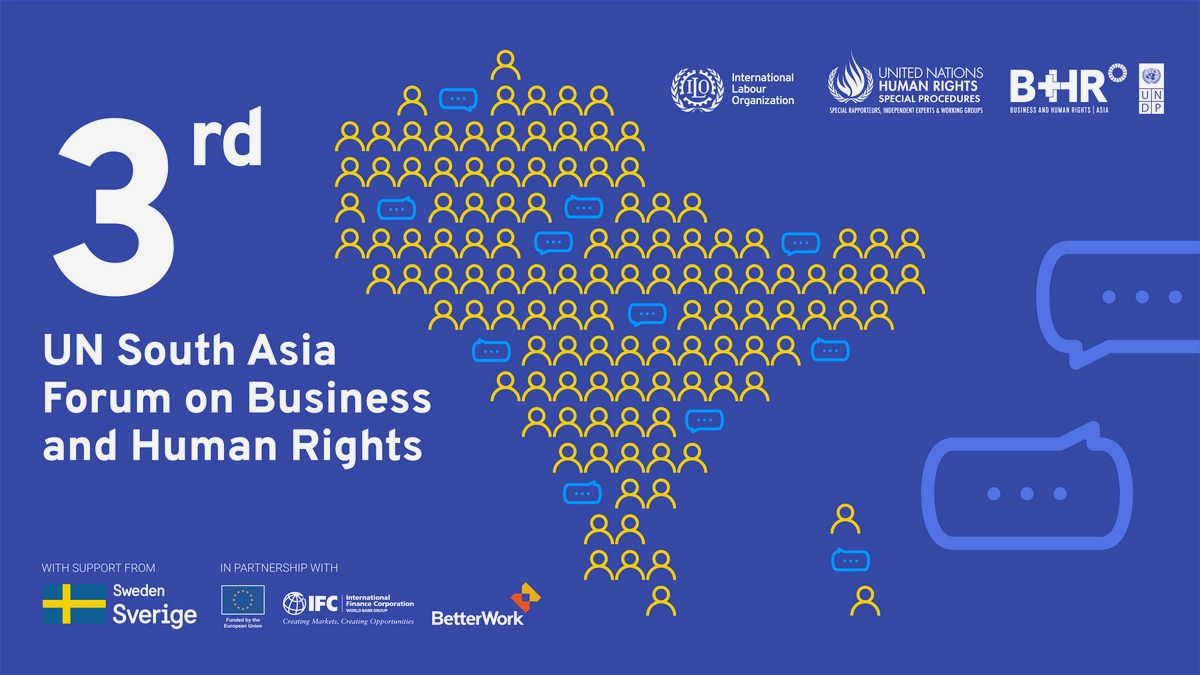
Fostering Inclusive Participation
In order to advance human rights, it is essential to foster inclusive participation within civil society organizations (CSOs). Inclusive participation ensures that all individuals, regardless of their background or identity, have equal opportunities to contribute and be heard.
Emphasizing diversity: CSOs should actively strive to include individuals from diverse backgrounds, including marginalized groups and underrepresented communities. This diversity of perspectives and experiences enriches discussions and decision-making processes, leading to more comprehensive and effective human rights advancements.
Creating safe spaces: It is crucial to create safe and inclusive spaces within CSOs where all participants feel comfortable expressing their opinions and sharing their experiences. This includes implementing anti-discrimination policies, addressing power dynamics, and promoting respectful dialogue.
Facilitating accessibility:
- Language: CSOs should make efforts to ensure that language barriers are minimized, providing translation services or materials in various languages to accommodate individuals who may not be proficient in the dominant language.
- Physical accessibility: CSOs should make their physical spaces accessible to individuals with disabilities, by providing ramps, elevators, and other accommodations.
- Technology: In an increasingly digital world, CSOs should also consider the accessibility of their online platforms and resources, ensuring compatibility with assistive technologies and providing alternative formats.
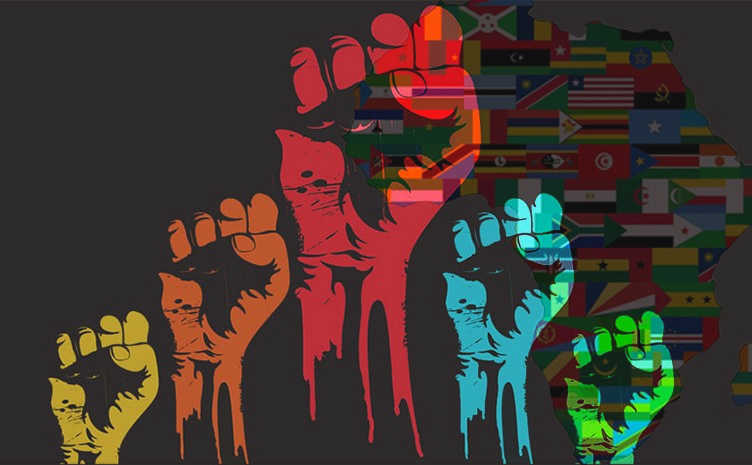
Engaging with grassroots organizations: To foster inclusivity and representation, CSOs should actively engage with grassroots organizations and community leaders. These collaborations bring in local knowledge and perspectives, ensuring that the voices of marginalized communities are equally represented and heard in decision-making processes.
By fostering inclusive participation, CSOs can drive meaningful and sustainable human rights advancements, ensuring that the needs and rights of all individuals are considered and protected.
Strengthening Democracy
Engaging Citizens in Decision-making
Civil society organizations play a crucial role in strengthening democracy by actively engaging citizens in decision-making processes. Through various initiatives such as forums, town hall meetings, and online platforms, these organizations provide opportunities for individuals to express their opinions and influence policy-making. They encourage active participation in public affairs and foster a sense of ownership and responsibility among citizens, leading to a more inclusive and representative democracy.
Promoting Transparency and Accountability
Transparency and accountability are key to strengthening democracy. Civil society organizations work to promote these principles by monitoring the actions of government institutions, advocating for the disclosure of information, and exposing corrupt practices. They play a vital role in ensuring that public officials are held accountable for their actions and that the government operates in a transparent and accountable manner. By promoting transparency and accountability, civil society organizations help to build public trust and confidence in democratic processes.
Advocating for Electoral Reforms
Civil society organizations also advocate for electoral reforms to strengthen democracy. They work to ensure that elections are conducted in a free and fair manner, with equal opportunities for all candidates and voters. These organizations push for reforms such as campaign finance regulations, voter education programs, and improvements in the electoral system to enhance the integrity of the electoral process. By advocating for electoral reforms, civil society organizations contribute to the establishment of a more inclusive and democratic political system.
Building Civil Society Networks
Another important aspect of strengthening democracy is the building of civil society networks. Civil society organizations collaborate with each other to share knowledge, resources, and expertise, and to coordinate their efforts in advocating for human rights and democratic principles. These networks enable civil society organizations to amplify their voice and influence, making a greater impact on policy-making and promoting democratic values. By building civil society networks, these organizations create a collective force for positive change and contribute to the overall strengthening of democracy.
Combating Discrimination and Prejudice
Discrimination and prejudice continue to be pervasive issues in societies around the world, fueling inequality and marginalization. Civil society organizations play a crucial role in combating these harmful phenomena and promoting a more inclusive and tolerant society.
One way that civil society organizations tackle discrimination is through awareness raising and education. They organize workshops, seminars, and campaigns to educate individuals and communities about the negative impacts of discrimination and prejudice. These initiatives aim to change the attitudes and behaviors of people by fostering empathy, understanding, and acceptance of diversity.
Another important approach used by civil society organizations is advocating for policy changes and legal reforms. They work with governments and international bodies to develop and implement laws and regulations that protect individuals from discrimination based on factors such as race, gender, religion, and sexual orientation. These organizations also play a vital role in monitoring and reporting instances of discrimination and holding perpetrators accountable.
In addition to education and policy advocacy, civil society organizations also provide support services to victims of discrimination. They offer counseling, legal aid, and other forms of assistance to help individuals seek justice and overcome the negative consequences of discrimination. These services not only empower victims but also contribute to creating a culture of support and solidarity that challenges discriminatory norms and practices.
Overall, civil society organizations act as powerful agents of change in combating discrimination and prejudice. Their efforts to raise awareness, advocate for policy reforms, and provide support services are instrumental in advancing human rights and creating a more equitable and inclusive society for all.
Collaborating for Global Change
Building Strong Networks
Collaboration is at the heart of driving global change. Civil society organizations (CSOs) play a crucial role in advancing human rights, but their impact can be amplified through collaboration with other CSOs, governments, and international organizations. Building strong networks allows CSOs to share resources, knowledge, and expertise, and enables them to have a greater impact on human rights issues around the world.
Sharing Best Practices
Collaboration among CSOs provides a platform for sharing best practices. By exchanging experiences and strategies, CSOs can learn from each other and adapt successful approaches to their own contexts. This sharing of knowledge allows for more effective advocacy and implementation of human rights initiatives. In addition, CSOs can also learn from the experiences of other sectors, such as the private sector or academia, to bring new perspectives and innovative solutions to their work.
Advocating at a Global Level
Collaboration among CSOs is essential for advocating for human rights at a global level. By joining forces, CSOs can amplify their voices and have a greater impact on international policy-making processes. Collaborative advocacy efforts can include joint statements, lobbying, and participation in international conferences and forums. By working together, CSOs can ensure that human rights issues are on the global agenda and drive meaningful change on a global scale.
Mobilizing Resources
Collaboration allows CSOs to mobilize resources more effectively. By pooling their resources, CSOs can access a larger pool of funding, expertise, and technical support. This enables them to implement larger-scale projects and initiatives, reach a wider audience, and have a greater impact. Collaborative funding models, such as pooled funds or joint grant applications, can also help CSOs address funding challenges and ensure the long-term sustainability of their work.
Fostering Innovation
Collaboration fosters innovation within the civil society sector. By working together, CSOs can combine their different perspectives, expertise, and approaches to find innovative solutions to complex human rights issues. Collaborative projects can spark creativity and encourage out-of-the-box thinking. Furthermore, collaboration with other sectors, such as technology or research, can bring new ideas and tools to the table, leading to more effective and sustainable approaches to human rights advancement.





